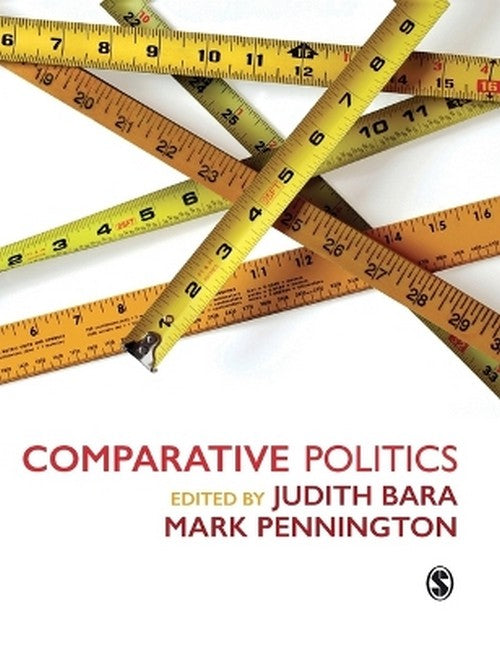My main research interest relates to the study of changing orientations of political parties, with particular reference to ideology and policy. Much of this is based on the content analysis of official party documentation, notably manifestos and platforms from both British and comparative perspectives. I am a principal researcher in the Comparative Manifestos Project and hold an honorary Research Fellowship in Government at the University of Essex Mark's research interests lie at the intersection of politics, philosophy and economics with an emphasis on the implications of bounded rationality and imperfect knowledge for institutional design. He has a particular interest in the works of Hayek, public choice theory and related elements of the classical liberal tradition. His earlier work focussed on the political economy of environmental planning and regulation and explored the potential for property rights approaches to environmental problems. His more recent work has explored the implications of bounded rationality in the context of contemporary theories of deliberative democracy. His latest book is called Robust Political Economy: Classical Liberalism and the Future of Public Policy, Cheltenham: Edward Elgar (2011). This work examines challenges to market liberal theory derived from neo-classical economics, communitarian political theory and egalitarian ethical theory and applies the lessons learned in the context of the welfare state, international development and environmental protection.
Request Academic Copy
Please copy the ISBN for submitting review copy form
Description
Introduction - Judith Bara Part 1: Theories and Methods 1. Theories, Institutions and Comparative Politics - Mark Pennington 2. Methodologies for Comparative Politics - Judith Bara Part 2: Institutions 3. The Nation State - Brendan O'Duffy 4. Electoral Systems - Jocelyn A. J. Evans 5. Legislatures and Executives - Catherine Needham 6. The Bureaucracy - Mark Pennington 7. The Courts - David Robertson 8. The Territorial Dimension - Brendan O'Duffy Part 3: Actors 9. Voters, Parties and Participation - Judith Bara 10. Interest Groups - Mark Pennington 11. Leadership: The Long Road to Theory - David S. Bell Afterword
'Bara and Pennington's edited volume successfully fills a huge void in the market for introductory textbooks to comparative politics which previously offered either descriptions of political processes and systems or overviews of the methodology of comparative analysis. By applying major political science theories to overviews of the core elements of political systems, the authors both enhance our understanding of these elements and provide readers an excellent introduction to comparative explanation' - Dr David Howarth, University of Edinburgh 'What is distinctive about this authoritative and comprehensive book on comparative politics is the way in which it is underpinned throughout by a theoretical analysis centred on a new institutionalist approach' - Professor Wyn Grant, University of Warwick 'Comparative Politics takes a fresh and original approach to the field... it examines the role of structures, rules and norms in regulating the individual and collective behaviour of political actors. Each chapter provides a critical bibliography and key questions which will be particularly useful for students approaching Comparative Politics for the first time. Altogether this is a comprehensive and useful read which I warmly recommend' - Ian Budge, Professor Emiritus Professor of Government, University of Essex 'This is a most useful book. Teachers of comparative politics often scramble around, with out-of-date textbooks and photocopies of more or less compatible articles. Here is a new book that gives an up-to-date, comprehensive and systematic introduction to the major strands of institutional thought and applies these to the major institutions, processes and policy areas. It will be a great help for many of us, academics and students alike' - Peter Kurrild-Klitgaard, Professor of Comparative Politics, University of Copenhagen

